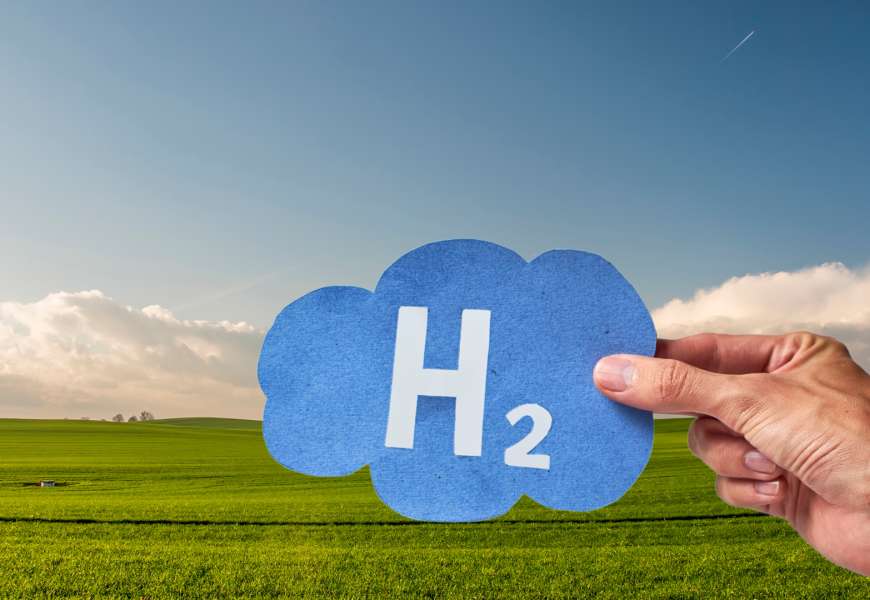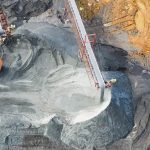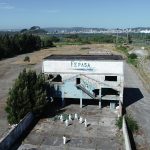An initiative co-financed by the Biobío Regional Government, through FIC-R, and run by UdeC, is being prepared, looking to lay down the guidelines for different regional actors to learn about Green Hydrogen, and take advantage of the opportunities that will emerge to develop the Green H2 industry in the Biobío Region, and the entire central-southern macro-zone of our country.
By: Tatiana Oliva / ah2vbiobio@udec.cl / Images: AH2vBiobío
The International Energy Agency, IEA, in their “The Future of Hydrogen: Seizing Today’s Opportunities” (2019) report, identified that the main opportunity to promote hydrogen (H2) for its industrial-scale use, is converting industrial ports into key hubs, to increase the use of clean hydrogen. Nowadays, a major slice of chemical product production and refineries that use H2
from fossil fuels is already located in the world’s coastal industrial areas. Combining efforts of these ecosystems would expand Green H2 use to supply ships and trucks that serve ports, while
supplying other nearby industrial facilities, like steel plants.
“Unlike the Atacama Desert or in Magallanes, which will focus on export, the Biobío Region, given its industrial and port setup, has a great opportunity to become a production and technological
hub for domestic green hydrogen use. This can significantly contribute to the sustainability of the regional industry, especially for those companies that produce or export to markets that value
low carbon footprint products”, Marcela Angulo, UdeC Santiago Campus Director and institutional technological management support of AH2vBiobío, said.
The “Green Hydrogen Strategic Alliance for Biobío” project had arisen to contribute to and take advantage of the opportunities that will appear for the development of the green hydrogen
industry in the region and the central-southern macrozone of the country. This initiative is co-financed by the Biobío Regional Government, through FIC-R, and run by the Universidad de
Concepción, alongside the Innovation Club and Chilean Hydrogen Association, H2Chile.
“The Alliance is looking to close the clear gaps in scientific, technological, commercial, and economic information found by the panels that are currently exploring alternatives to speed up energy transition, and to bring together different players from the public and private sector,
along with the academic and social spheres, to work together to develop Green H2 potential in the region”, or so states the Project Director, Alejandro Karelovic Ph.D.
This is a collaborative project, which has brought together around 50 entities from industry, higher education, civil society, and the government. The project’s joint work, whose scope is the central-southern macrozone, looks to map the region’s potential and agree upon a road map to
define a strategy and focus collective efforts on deploying green hydrogen. It is expected to move, in the short-term, towards pilot-level production projects, and creating a collaborative technological infrastructure that supports innovation efforts and human capital training.
The project, to achieve the Alliance’s goals, is structured into six work packages with different lines. Some of the goals and scopes are summarized mainly in the development and implementation of an ongoing technological exploration and intelligence program, and in identifying opportunities for green hydrogen use in public and production sectors.
Alongside this, it seeks to contribute towards generating public assets, socializing and supporting the adoption of green hydrogen, as well as guiding the university’s R+D efforts, alongside training
for the production sector. Added to this, the goal is to constantly promote broad dissemination for the creation of a learning community. Finally, it is worth highlighting that the Alliance intends on outlining guidelines for a Business Technological Consortium in 10 years, considering a series of criteria focused on supporting the economic reactivation of the Biobío Region.
For more information: akarelov@udec.cl
Last modified: 2 de junio de 2023






